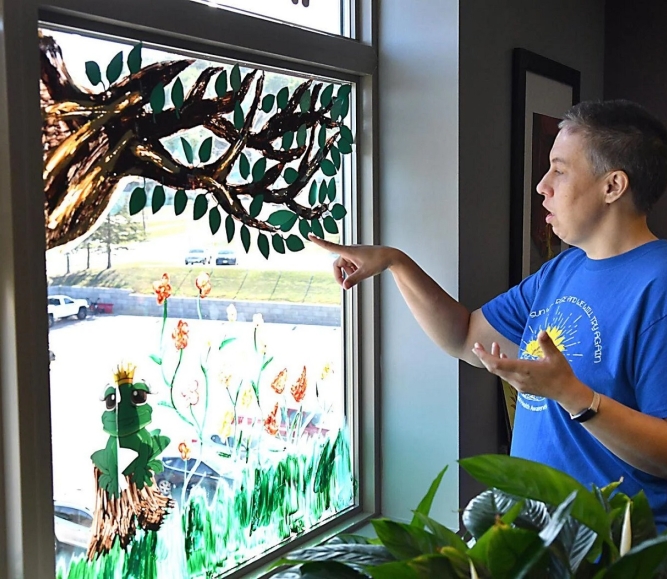House to vote on bill expanding community health centers following Senate passage
Author

Blaire Bryant
Upcoming Events
Related News

Key Takeaways
UPDATEOn September 29, the House passed the MOBILE Health Care Act (H.R. 5141) with a vote of 414-7, before President Biden signed the bill into law on October 17. |
On September 22, the U.S. House Energy and Commerce Committee unanimously passed the bipartisan Maximizing Outcomes through Better Investments in Lifesaving Equipment for (MOBILE) Health Care Act (H.R. 5141), which would expand access to mobile health clinics in rural and underserved communities that may lack permanent health centers. Reps. Susie Lee (D-Nev.), Richard Hudson (R-N.C.), Raul Ruiz (D-Calif.) and Jaime Herrera Beutler (R-Wash.) were original cosponsors of the bill, which was moved to the full committee following a markup from the Subcommittee on Health last week, as well as unanimous approval in the Senate earlier this month.
The MOBILE Health Care Act would expand the allowable uses of funds provided by the New Access Point Health Center Program, to bring comprehensive primary care to underserved communities through mobile health care delivery sites. Specifically, federal funds may be used to construct or renovate buildings, or to set up mobile medical clinics, that qualify for grant funding regardless of association with a permanent, full-time health center site.
The New Access Points Health Center Program (NAP) grants are administered by the Health Resources and Services Administration (HRSA) and designed to expand access to affordable, accessible, quality and cost-effective primary health care services. Currently, eligible grant applicants must propose at least one new full-time, permanent site for the delivery of primary care services. However, with the passage of this bill, grantees will be able to use the funding to acquire, lease, expand or renovate mobile medical equipment or vehicles for primary care service delivery.
Counties spend more than $80 billion annually on community health systems, which include community health centers that provide healthcare services to low-income, under-insured populations. Many small and rural communities do not have the population base to support full-time health centers and therefore do not have consistent access to primary care services, which makes the expanded use of mobile clinics critical to delivering care to rural and vulnerable populations.
H.R. 5141 now moves to the full House for a floor vote. If approved, it will then go to the President’s desk for signature. NACo will continue to monitor and report on the progress of this legislation.
ADDITIONAL RESOURCES
County News
Improving community health, safety through a continuum of care

Related News

Drug tracking software helps counties identify trends, save lives
Florida counties are using an artificial intelligence tool called Drug TRAC to track and report drug trends, with the aim of providing quicker outreach and saving lives.

White House Executive Order establishes national substance use disorder response
On January 29, the White House issued an Executive Order (EO) establishing the Great American Recovery Initiative, a new federal effort aimed at coordinating a national response to substance use disorder (SUD).

USDA and HHS release new dietary guidelines
On January 7, U.S. Department of Agriculture Secretary Brooke Rollins and U.S. Department of Health and Human Services Secretary Robert F. Kennedy, Jr. unveiled the new Dietary Guidelines for Americans, 2025–2030.